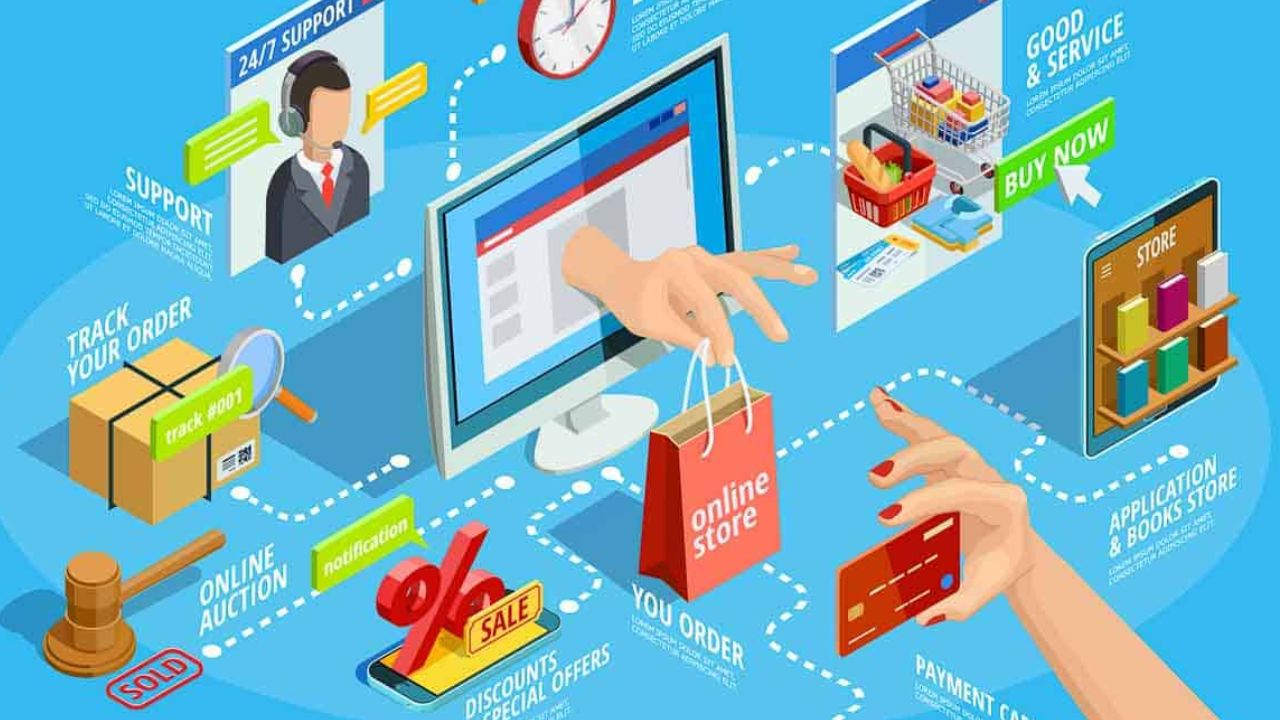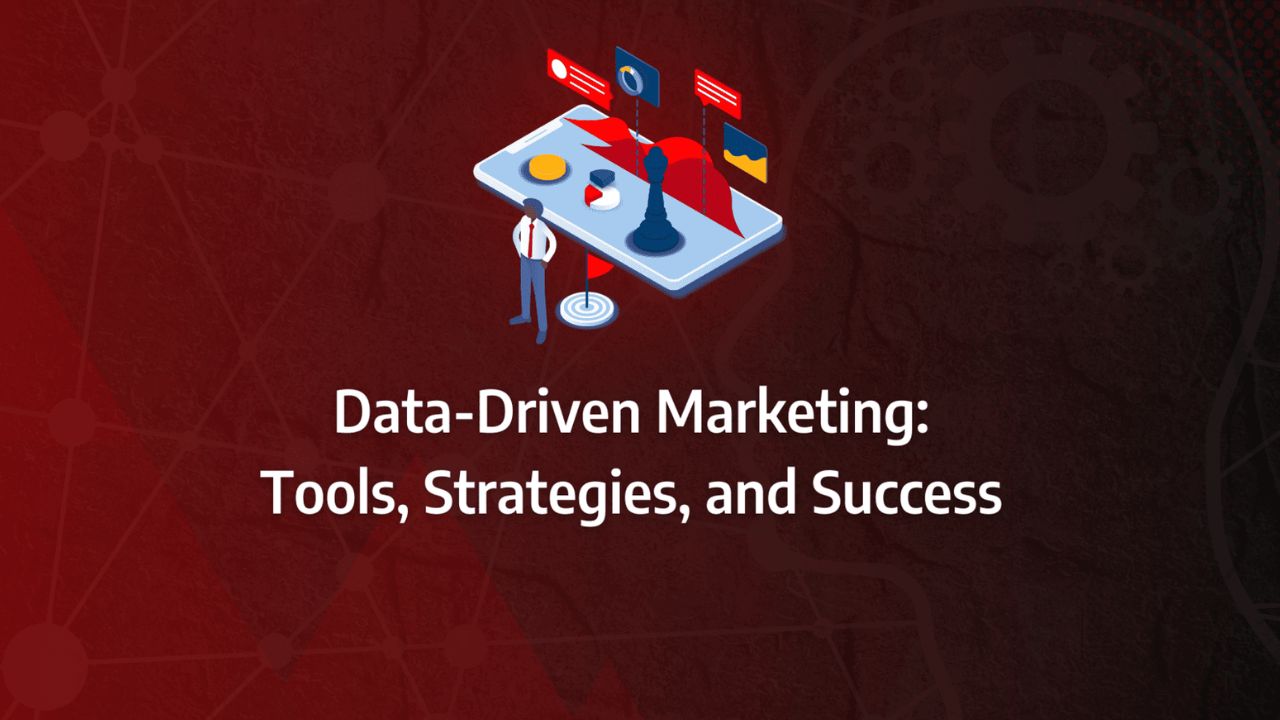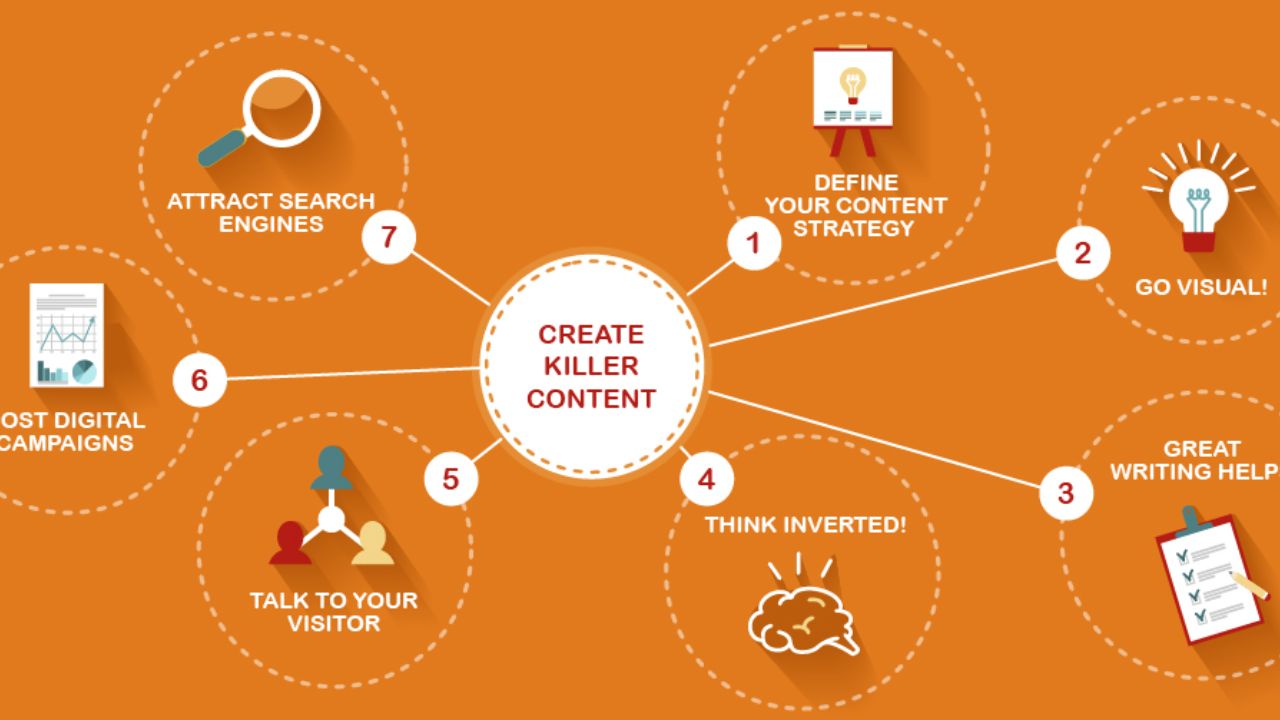In today’s digital age, e-commerce is booming. But with a crowded online marketplace, simply having a website isn’t enough to stand out. To truly thrive, e-commerce businesses need a comprehensive digital marketing strategy. This guide equips you with the essential tools and tactics to attract new customers, boost brand awareness, and drive sales online.
Understanding Your E-commerce Audience:
Before diving into specific tactics, it’s crucial to gain a deep understanding of your target audience. Here’s how:
- Buyer Personas: Develop detailed buyer personas that outline your ideal customer’s demographics, online behavior, pain points, and buying journey.
- Market Research: Conduct market research to understand your industry trends, competitor landscape, and potential customer needs.
- Customer Analytics: Utilize website analytics tools to track user behavior, identify popular product categories, and understand customer acquisition channels.
Building a Strong E-commerce Foundation:
Once you know your audience, focus on creating a solid foundation for your online store:
- Search Engine Optimization (SEO): Optimize your product listings and website content with relevant keywords to improve visibility in search engine results pages (SERPs).
- Mobile-First Experience: Ensure your website is mobile-friendly and offers a seamless shopping experience across all devices (desktop, tablet, mobile).
- High-Quality Product Listings: Invest in high-resolution product images, detailed descriptions, and customer reviews to showcase your products effectively.
- Seamless Checkout Process: Streamline your checkout process, minimizing steps and offering multiple payment options for a frictionless purchase experience.
Content Marketing Strategies for E-commerce:
Compelling content plays a vital role in attracting and engaging potential customers:
- Blog Content: Create valuable blog posts that address customer pain points, educate them about your products, and showcase your brand expertise.
- Product Descriptions: Craft engaging product descriptions that highlight features, benefits, and address common customer questions.
- Email Marketing: Build an email list and nurture leads with targeted email campaigns that promote new products, offer exclusive deals, and provide valuable content.
Harnessing the Power of Social Media:
Social media platforms offer a powerful way to connect with your audience, build brand awareness, and drive traffic to your online store:
- Choose the Right Platforms: Identify the social media platforms where your target audience spends their time (e.g., Instagram, Facebook, TikTok).
- Create Engaging Content: Develop visually appealing and engaging social media content that resonates with your audience.
- Leverage Influencer Marketing: Partner with relevant influencers in your niche to reach a wider audience and build brand trust.
Paid Advertising Strategies:
Paid advertising can be a great way to target specific demographics and drive immediate traffic to your products:
- Pay-Per-Click (PPC) Advertising: Utilize PPC platforms like Google Ads and social media advertising to target potential customers based on their search terms and interests.
- Retargeting Campaigns: Reconnect with website visitors who haven’t converted by using retargeting campaigns, reminding them about your products and enticing them to return.
We explored the foundation of e-commerce digital marketing, from understanding your audience to building a strong online store presence. Now, let’s dive into advanced strategies, explore analytics and measurement, and equip you with actionable tips to optimize your e-commerce marketing efforts.
Advanced E-commerce Marketing Strategies:
- Personalization: Utilize website personalization tools to tailor the shopping experience for each visitor based on their browsing behavior and past purchases. This can lead to increased engagement and conversion rates.
- Marketing Automation: Leverage marketing automation platforms to streamline repetitive tasks and create automated email sequences that nurture leads and drive sales.
- Omnichannel Marketing: Focus on creating a seamless customer experience across all touchpoints, whether it’s your website, social media platforms, or email marketing.
- User-Generated Content (UGC): Encourage customer reviews, product photos, and social media mentions to build trust and social proof.
Analytics and Measurement:
Measuring the success of your digital marketing efforts is crucial for optimization. Here’s how:
- Key Performance Indicators (KPIs): Define relevant KPIs for your campaigns, such as website traffic, conversion rates, customer acquisition cost (CAC), and customer lifetime value (CLTV).
- Data Analytics Tools: Utilize website analytics tools like Google Analytics and social media insights to track user behavior, identify areas for improvement, and measure the ROI of your marketing campaigns.
- A/B Testing: Conduct A/B testing on different aspects of your website (e.g., product page layouts, CTAs) to see which versions perform better and optimize based on data.
Optimizing Your E-commerce Marketing:
Now that you have the tools and strategies, here are some practical tips to maximize your e-commerce digital marketing efforts:
- Focus on User Experience (UX): Ensure your website is user-friendly, visually appealing, and offers a smooth navigation experience.
- Mobile Optimization: Prioritize a seamless mobile shopping experience, catering to the growing mobile browsing trend.
- High-Quality Product Images and Videos: Invest in professional product photography and consider including product videos to showcase features and benefits effectively.
- Live Chat Support: Offer live chat support to answer customer questions in real-time and provide a more personalized shopping experience.
- Customer Reviews and Testimonials: Encourage customer reviews and showcase positive testimonials on your website to build trust and social proof.
- Data-Driven Decision Making: Base your marketing decisions on data and analytics insights to ensure your efforts are targeted and result-driven.
Remember: E-commerce digital marketing is an ongoing process. Experiment, analyze, and adapt your strategies based on data and customer feedback. Continuously strive to create a compelling online presence that attracts new customers, fosters brand loyalty, and drives sustainable growth for your e-commerce business.
Bonus Tip: Stay informed about the latest digital marketing trends and technologies. Artificial intelligence (AI), voice search optimization, and the ever-evolving social media landscape are just a few areas to keep an eye on for future success.
By implementing these strategies and staying informed, you can create a robust digital marketing strategy that propels your e-commerce business to new heights. Let WODO Digital be your partner in navigating the ever-evolving world of e-commerce marketing. Contact us today and let’s discuss how we can help you achieve your online business goals!








